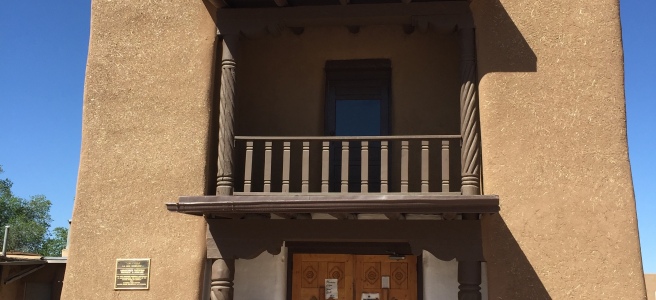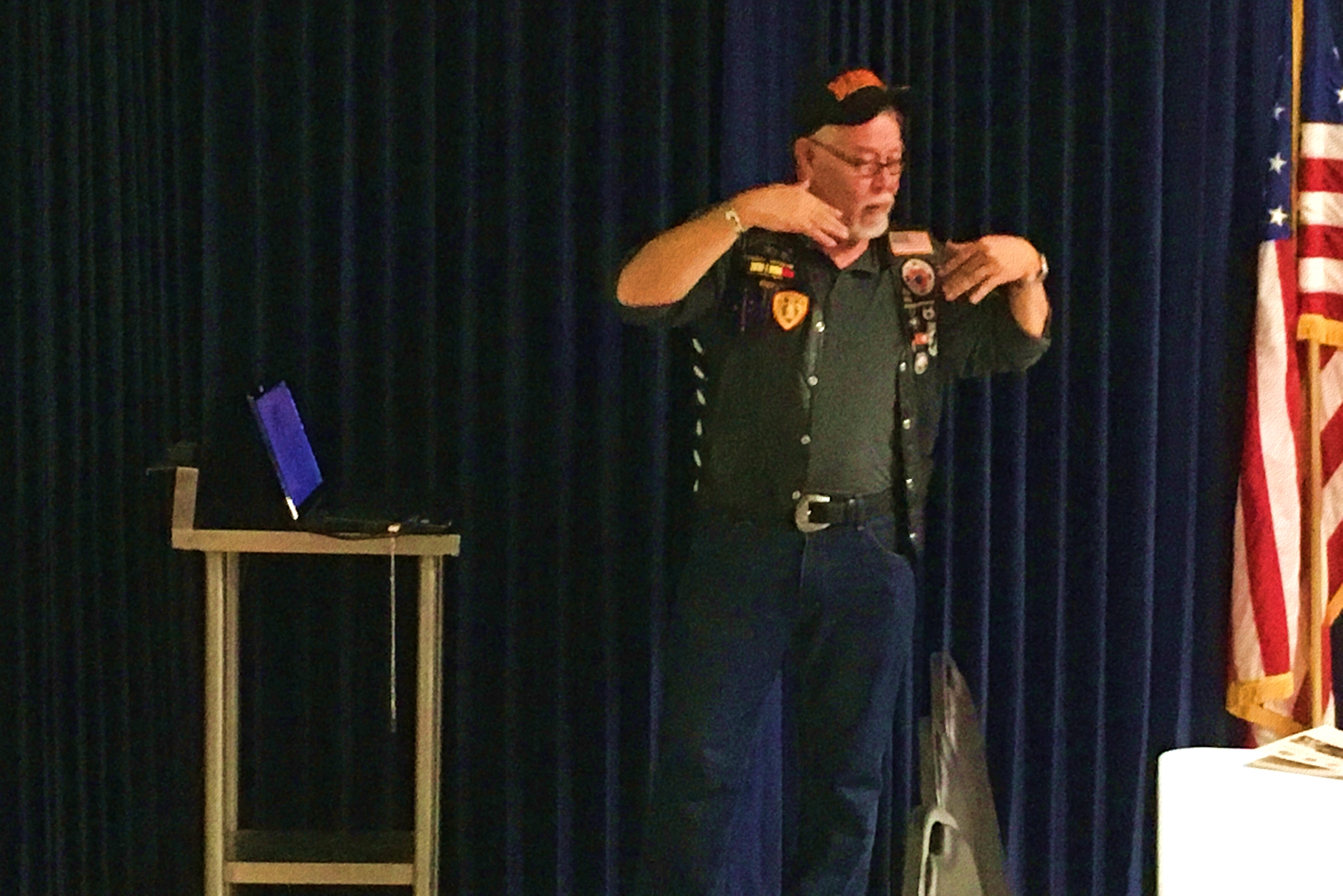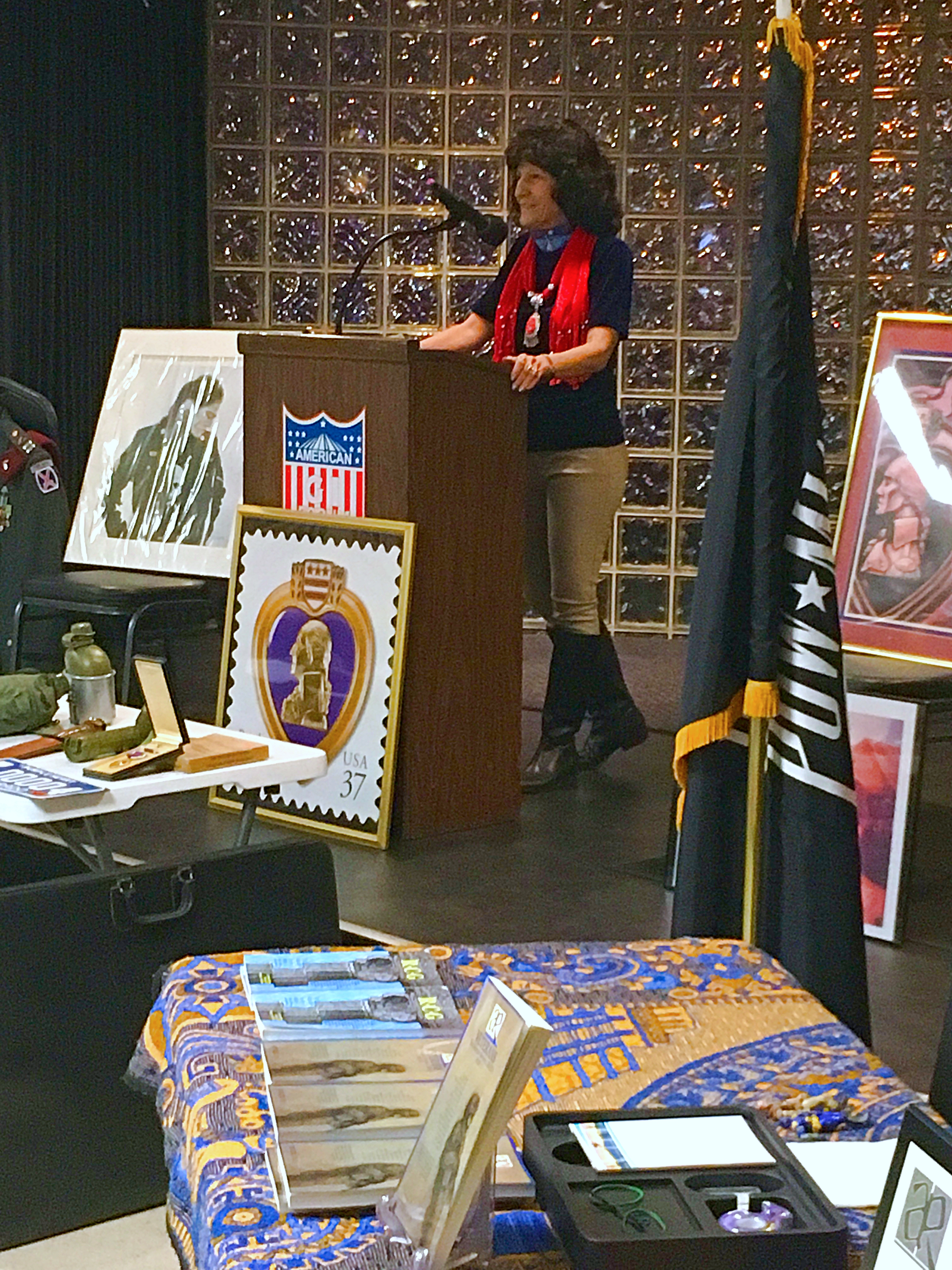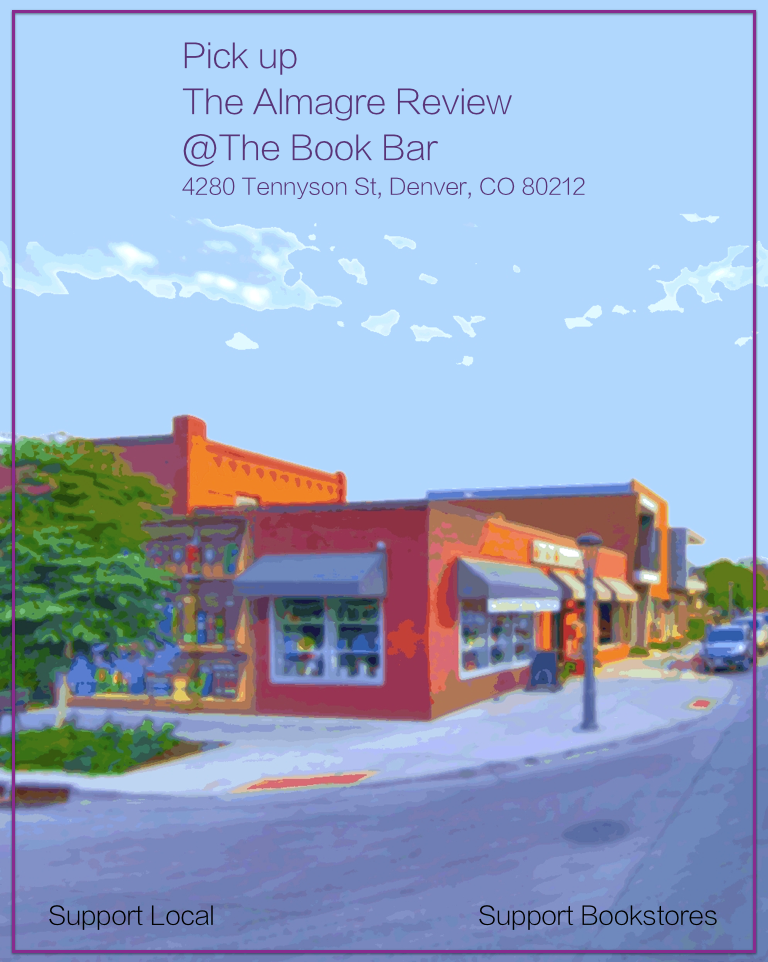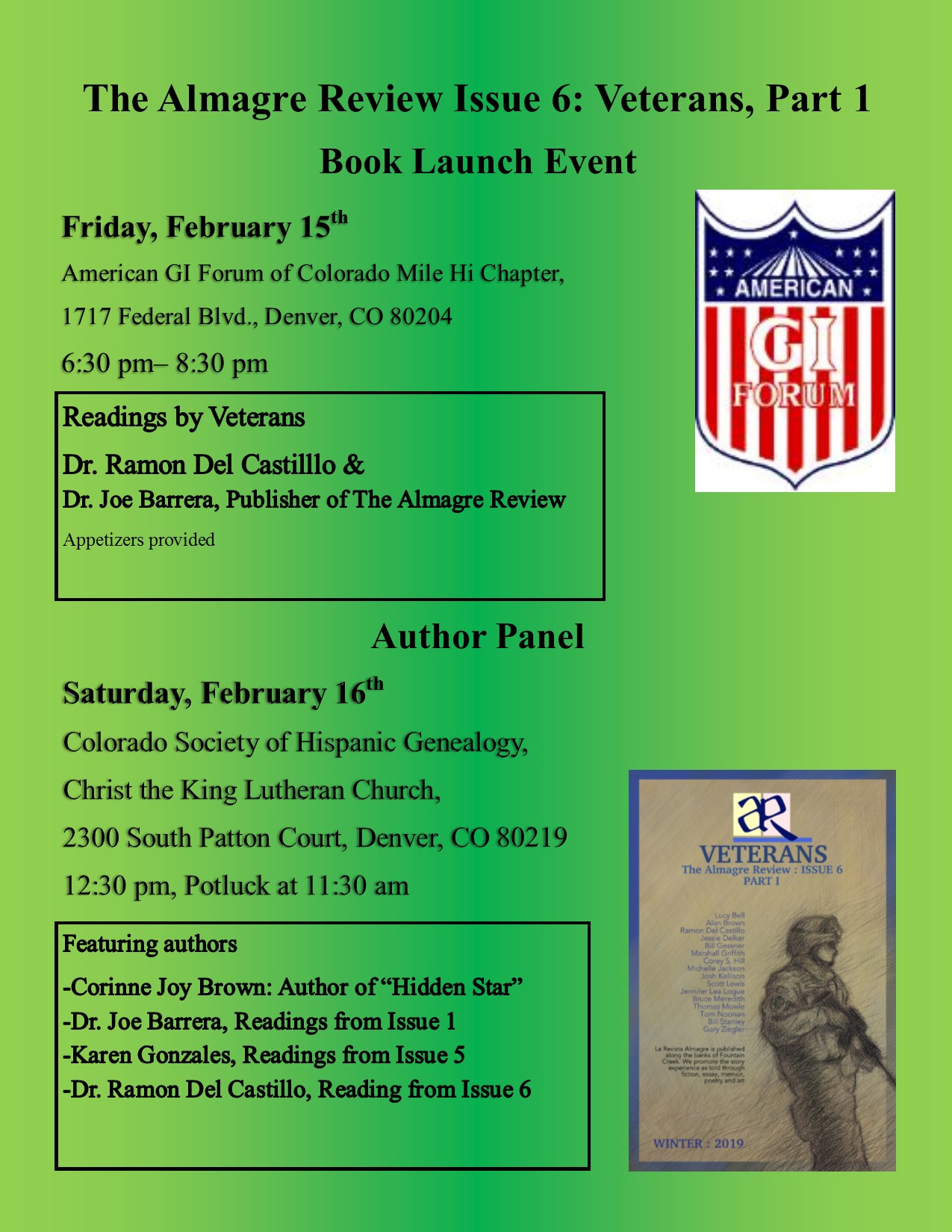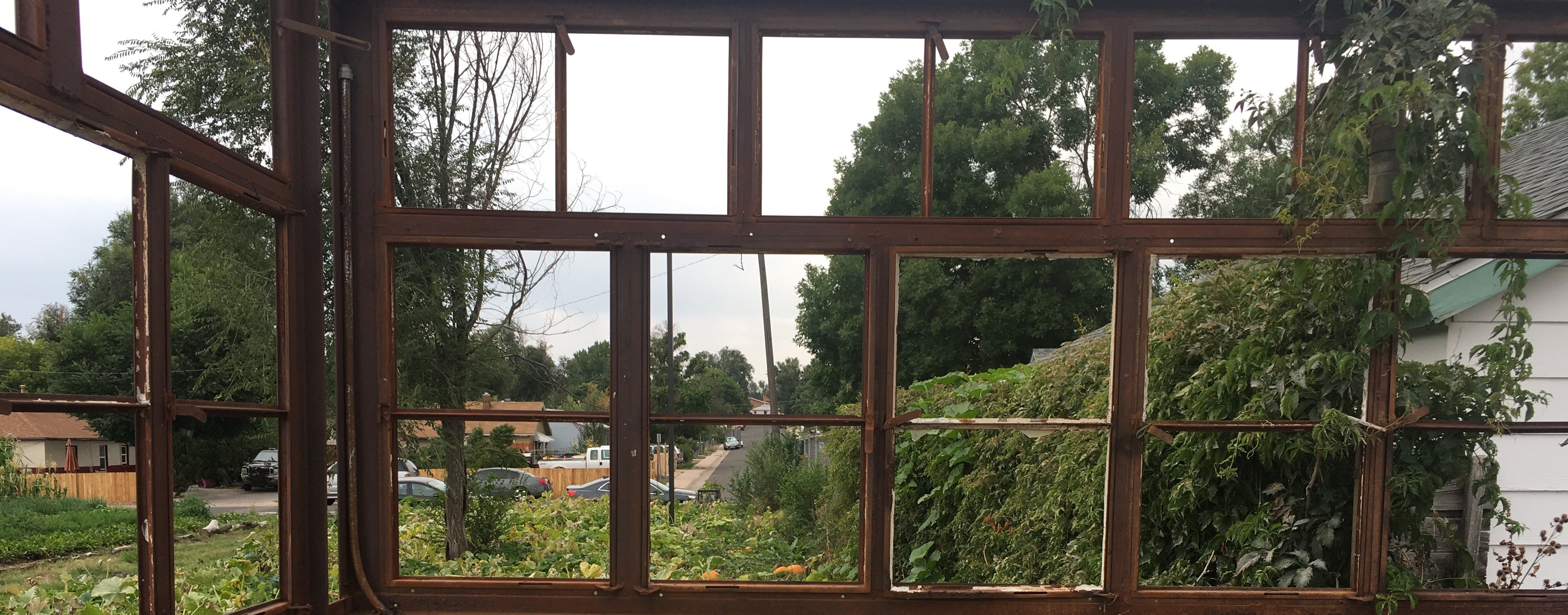Rudolfo Anaya’s New Mexican novel, Bless Me, Ultima, is complex, appealing to readers on many levels. A salient characteristic is the union of the protagonist, the boy Antonio, with nature, something that this work by a Chicano writer shares with 19th century romanticism and American Transcendentalism. This is not so unusual. Anaya is writing an American novel, even if that is not appreciated by readers. But Chicano literature, if properly understood, is plainly a type of American literature, and there many kinds of American literatures. The desire for communion with nature is an integral part of classic American literature. We can think of Melville’s Moby Dick, or Walt Whtiman’s poetry, and, of course, Emerson’s essays, and Thoreau’s Walden. This quality is also integral to Chicano literature.
Some find this kind of mysticism to be the main attraction in the novel.The beauty of the natural landscape and the love that the sensitive Antonio has for the New Mexican “llano,” or plains, creates the reverence for the numinous that sets the tone for the events in this Chicano “bildungsroman,” or coming of age novel. For Antonio, coming of age above all means learning “curanderismo'” or the art of healing, and the traditions of his own people. Unlike other bildungsromans, in which the boy desiring to be a man abandons his roots, Antonio must grow closer to them, not withdraw from them, as his older brothers do. Ultima is his teacher in this path to true self-awareness.
In his quest to discover the secrets of nature Antonio is guided by his spirit helper, the “curandera” Ultima. “Ultima” in Spanish means “the ultimate or last one,” and that is appropriate because when she vanishes there will not be another like her. The term “curandera” means “healer,” and that is what the old woman is, a powerful healer with the ability to heal not only ordinary illnesses, but even the strongest spells and curses laid by the witches and shapeshifters who populate the mythical landscape in which Antonio grows up. Like any good mythic story, Antonio manifests as an epic hero, journeying into the dark realms of antagonistic monsters and evil spirits and doing battle with them, but also into the light-filled regions of ancient patron gods, primarily the Golden Carp, who is a type of ancestor. He is aided by his spirit helper, and returns with a boon for his people, a gift that he wins by his courage and faith in Ultima. This boon is his status as a messenger, conveying the message of cultural authenticity to a people thrown into the maw of technological Anglo American culture, personified by the explosion of the first atom bomb in 1945, which is the time of the novel, at the White Sands Test Range. The Chicanos are in danger of losing their hearts and minds to the soulless machine, a perpetual danger for a powerless minority. To counter this, Antonio returns as a healer in his own right, ensuring the continuation of the traditions and knowledge essential to the survival of the people.
Because it is a “mestizo” novel, Bless Me, Ultima is also about the perennial struggle between the blood of the Spaniard and the blood of the Indian. “Spaniard” and “Indian” are never mentioned in the novel. But the conflict is plain, even if implicit in the character of Antonio, in the contrast between the Mares (seas) blood of his father, and Luna (moon) blood of his mother. The Mares are horseman, passionate and restless, and like the Spaniards, they have traversed the ocean. The Luna side are farmers, patient and stoical like the Pueblo Indians, obedient to the cycles of the moon and bound to the earth which has nurtured them for a thousand-years. As is typical in the type of Latin American mestizo literature which does not gloss over the Indian half of the equation, this conflict plays out in the person of a protagonist, usually a male character, who has to find his way in life simultaneously pulled in opposite directions. The hero, Antonio, manages to successfully balance the polarities, no mean feat and one that makes Bless Me, Ultima a valuable tool in the education of the young Mexican Americans who seek to understand themselves.
Jose Barrera

